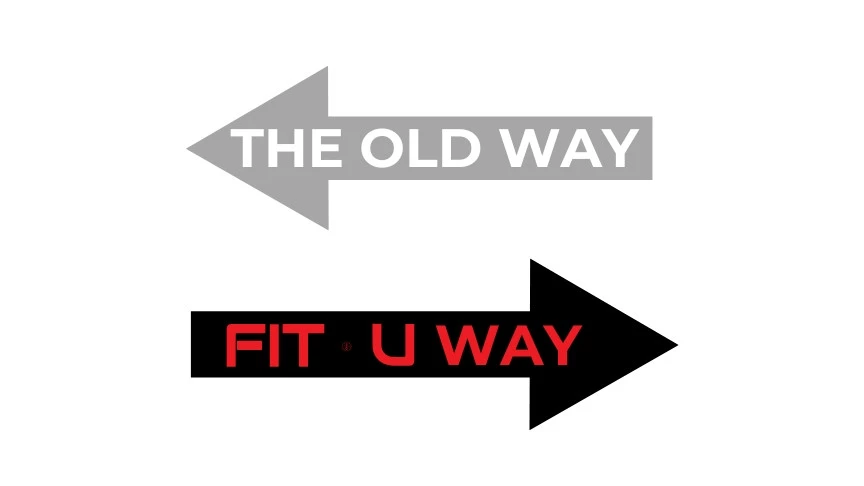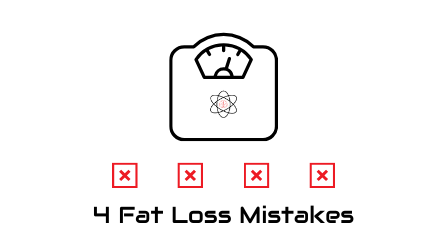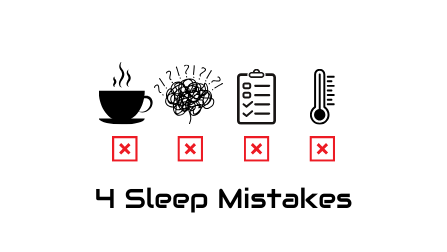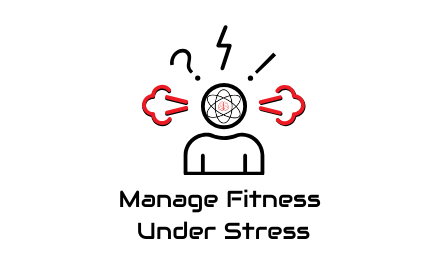3 Misconceptions About Change That Prevent You From Changing
Studio Fit U
Mindset/Motivation
Published: 12/12/2024
Update: 28/01/2025

We'd love to start eating clean tomorrow and never cheat again. To exercise every day and have it become second nature.
As if the only way to change is through grand, quick, and drastic actions to prove to everyone, including ourselves, that we've made it—we’ve changed.
In reality, the way we think about change is likely what prevents us from adopting sustainable, healthier habits.
The solution is to understand how change truly works and to reframe how we see it, so we can take better care of our health and well-being. That’s what we’ll explore in this article.
1. We Expect Change to Be Immediate
The hyper-accessibility of modern life has made us impatient. You can buy something today and receive it tomorrow, order a meal on an app and have it at your door in under 30 minutes, or stream any movie you want at any moment.
The problem is that we’ve become so accustomed to instant gratification that we expect the same from ourselves—we believe we can change overnight and never look back.
But change doesn’t work like that. It takes time—probably much more time than you think.
Our unrealistic expectations often lead us to give up too soon. You’ve likely been there, underestimating how much time or energy real change requires.
This mindset stems from the belief that everything can be achieved quickly. While Amazon can deliver your package tomorrow, you can’t develop patience or self-discipline in 24 hours.
The truth is, you won’t become a completely new person tomorrow, but you can start tweaking your habits. You won’t suddenly adopt six workouts a week, but you can plan your first session.
High expectations don’t necessarily lead to more progress. Instead, they can hold you back.
Lesson 1: Stop expecting immediate results. Initiate the change, and accept that it will take time—and that’s okay.
2. Your Brain Won’t Let You Change Unless It Feels Necessary
From an evolutionary standpoint, humans are creatures of habit. You wake up, half-asleep, but still manage to make your coffee exactly as you did the day before.
You don’t have to think about driving—you just do it. But think back to your first driving lesson: everything was a struggle. You had to concentrate on every little movement.
You learned to drive because you had to—otherwise, you couldn’t see your friends, go to the movies, or take road trips.
The habits you’ve developed stick because they feel necessary. This is key.
So why is it so hard to stop ordering takeout or eating sweets? Because you don’t have to. There’s no real urgency driving the change.
Conversely, how do you go to the gym consistently or drink more water? Because you make it something you must do.
The brain won’t waste energy building a habit unless it deems it essential. This is why most people fail to create lasting change—their reasons for change aren’t strong enough.
Wanting to lose weight for summer or eating better because a doctor suggested it might not be compelling enough.
For lasting change, you need a genuine and powerful reason. It has to feel non-negotiable.
Lesson 2: Find a strong reason why change is necessary for you.
3. Change Is Small and Incremental
Another misconception is that change has to be big and dramatic. For instance, if you want to lose weight, you think you need to count every calorie, exercise perfectly, and sleep 9 hours a night.
This mindset often backfires. Diets are a perfect example—completely overhauling your eating habits usually leads to a quick return to old patterns.
Rome wasn’t built in a day, and meaningful change isn’t achieved overnight. Restructuring the neural pathways in your brain to adopt a new “default” behavior takes time and repetition.
The reason you struggle to make healthier decisions is that the healthy choice isn’t yet your brain’s normal choice.
Rewiring your brain to pick broccoli over bread requires gradual, consistent effort.
The first shift you need to make is in how you perceive change. It isn’t something quick, hackable, or instant. It’s a gradual process requiring time, energy, and repeated effort.
Lesson 3: Change is incremental. Small, steady steps are far more sustainable than big, grand gestures.
In the same category



Personal & Personalized Training
MONTREAL
4824 Ch. de la Côte-des-Neiges, Montréal, QC H3V 1G4